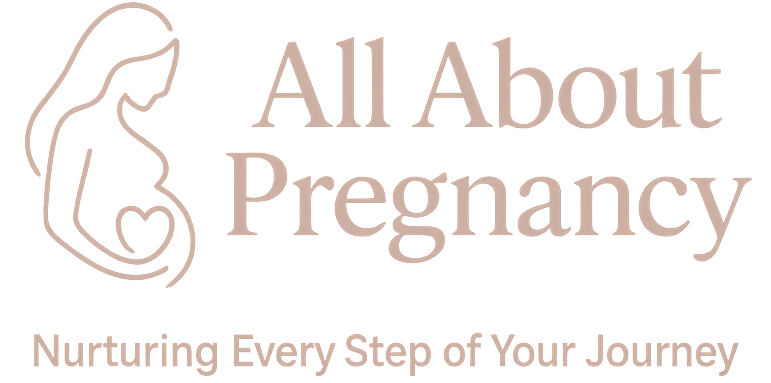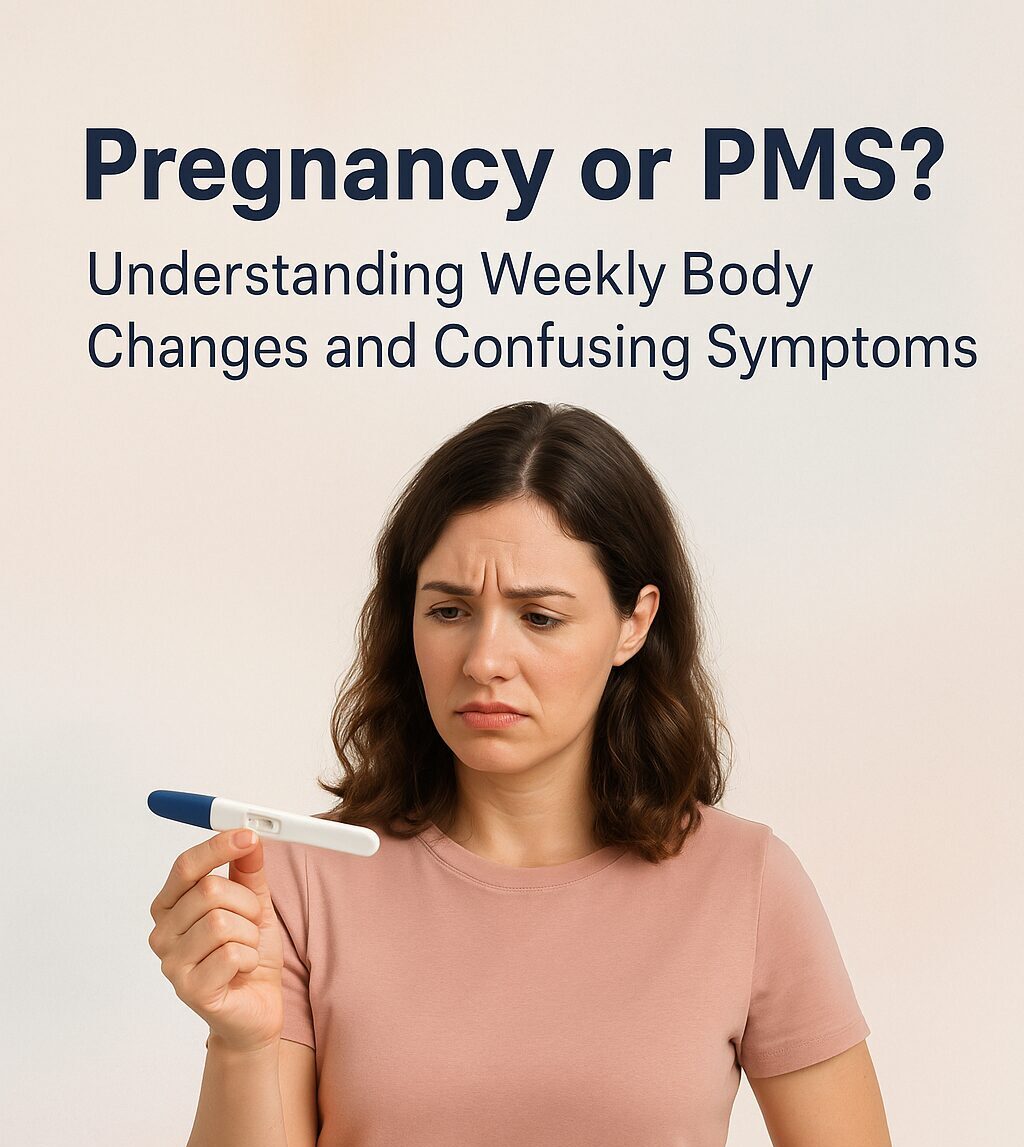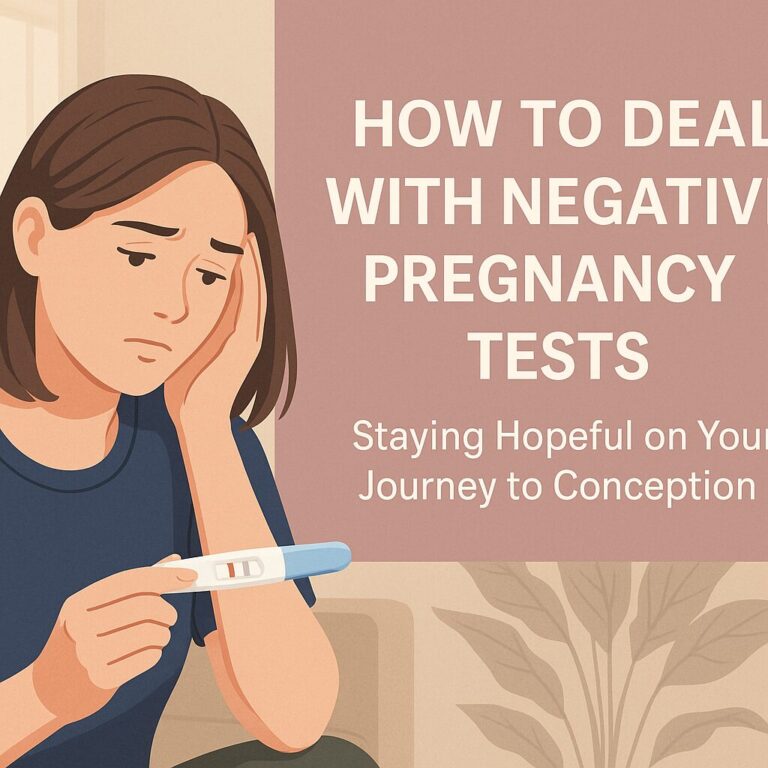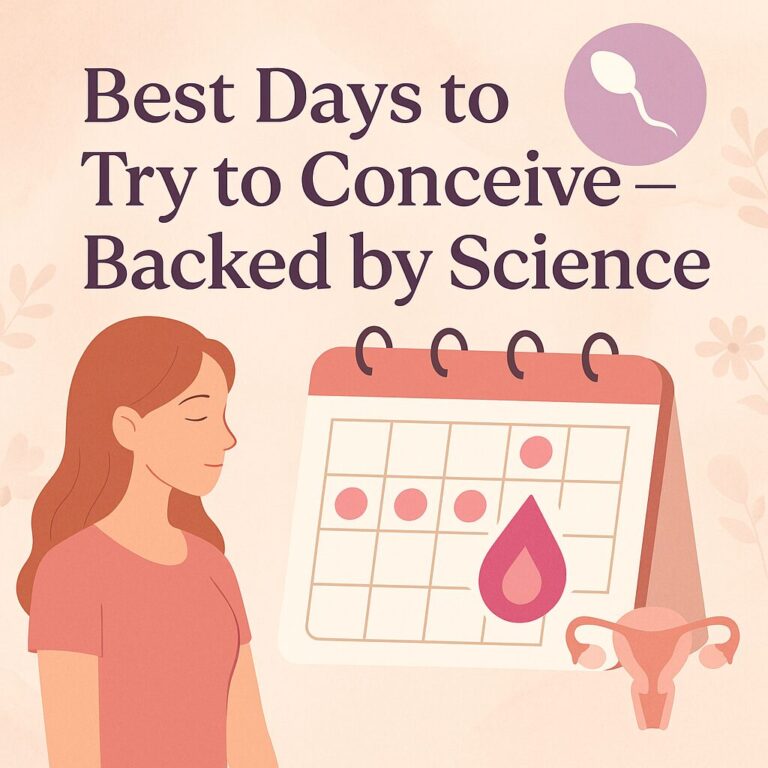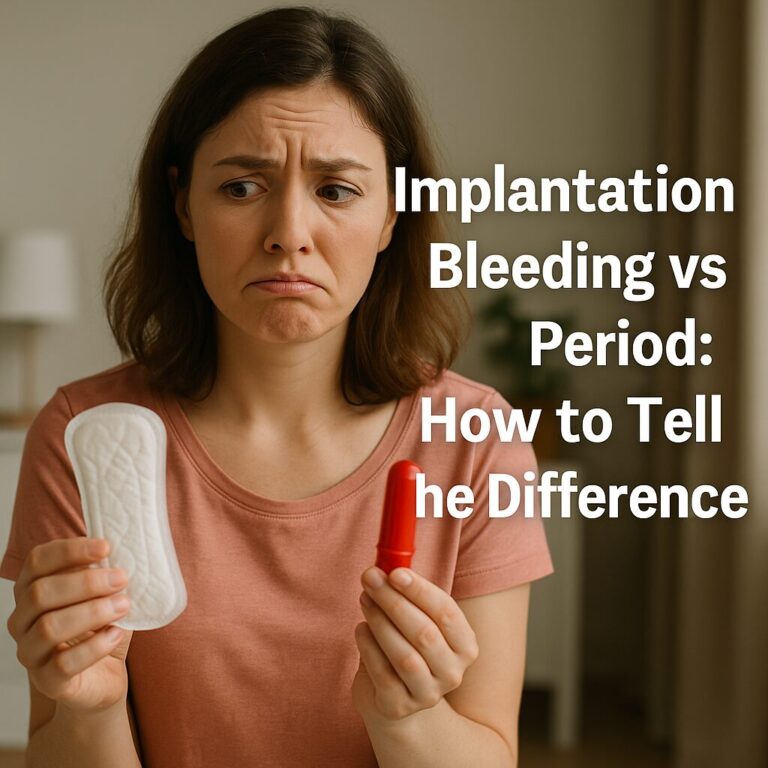Introduction
It’s not always easy to tell whether you’re experiencing early pregnancy symptoms or simply dealing with PMS. Both conditions can cause similar physical and emotional changes in your body, leading to confusion and frustration. Understanding these changes week by week can help you distinguish between the two, giving you a clearer picture of what’s happening inside your body.
In this blog post, we’ll break down the common symptoms of both pregnancy and PMS, week by week, so you can gain clarity and determine whether you might be pregnant or just going through your regular monthly cycle.
Week 1: Early Symptoms of Pregnancy vs PMS
Pregnancy Symptoms:
- Implantation Bleeding: A small amount of light spotting may occur if the fertilized egg attaches to the uterus wall.
- Fatigue: Feeling unusually tired is one of the first signs of pregnancy, due to hormonal changes.
- Mood Swings: You might start feeling more emotional as your body begins to adjust to pregnancy hormones.
- Breast Tenderness: Your breasts may feel swollen or sore due to hormonal shifts.
PMS Symptoms:
- Mood Swings: Many women experience irritability or mood changes, which can feel similar to pregnancy but often occur closer to the start of your period.
- Fatigue: Hormonal fluctuations before your period can cause tiredness, though it usually doesn’t feel as intense as pregnancy-related fatigue.
- Breast Tenderness: PMS-related breast soreness is common, but it’s often less pronounced than during early pregnancy.
- Bloating: The bloating caused by PMS is usually temporary and resolves once your period starts.
Week 2: Ovulation and Early Pregnancy Changes
Pregnancy Symptoms:
- Morning Sickness: This can start to develop for some women as early as week 2 of pregnancy, with nausea and occasional vomiting.
- Increased Cervical Mucus: Pregnancy can lead to thicker and more abundant cervical mucus, which can be mistaken for signs of ovulation.
PMS Symptoms:
- Ovulation Pain: Some women feel a twinge of pain when ovulation occurs, often confused with early pregnancy discomfort.
- Mood Changes: Emotional fluctuations due to hormonal shifts are common, but they tend to stabilize after ovulation.
Week 3: Early Pregnancy Symptoms vs PMS Peaks
Pregnancy Symptoms:
- Missed Period: A missed period is the most obvious early sign of pregnancy, but some women may still have light bleeding, which can be mistaken for a period.
- Frequent Urination: Pregnancy hormones increase blood flow to the kidneys, leading to more frequent trips to the bathroom.
- Food Cravings or Aversions: Pregnancy often brings about strange cravings or the inability to eat certain foods due to changes in taste and smell.
PMS Symptoms:
- Cravings: PMS often brings intense cravings for salty or sweet foods, but they’re usually less varied than pregnancy cravings.
- Bloating and Water Retention: PMS can cause swelling and bloating, often leading to feelings of heaviness.
- Cramps: Abdominal cramps are common in PMS and usually start a few days before your period.
Week 4: Final Differences Between Pregnancy and PMS
Pregnancy Symptoms:
- Morning Sickness Intensifies: If you’re pregnant, nausea may worsen in week 4, sometimes leading to vomiting, especially in the morning.
- Darkening of Areolas: A subtle but noticeable change in the color of the areolas (the skin around the nipples) is a common pregnancy symptom.
- Heightened Sense of Smell: Many women report an increased sensitivity to smells during early pregnancy, leading to aversions or stronger cravings.
PMS Symptoms:
- Cramps: Cramps become more intense, often signaling that your period is about to begin.
- Headaches: Many women experience headaches as part of PMS, often triggered by hormonal changes.
- Irritability: PMS is known for causing heightened irritability, which may be different in intensity compared to pregnancy-related mood swings.
Conclusion: Pregnancy or PMS?
Understanding the weekly changes in your body can help you differentiate between pregnancy and PMS. However, the symptoms of both can overlap, especially in the early stages. The most reliable way to know for sure whether you’re pregnant or just experiencing PMS is through a home pregnancy test or a visit to your healthcare provider.
If you’re experiencing symptoms that don’t seem to match your usual PMS or if your period is late, it’s always worth taking a pregnancy test. No matter what, remember that your body is unique, and every woman experiences these phases differently.
Stay informed, listen to your body, and if in doubt, consult with a healthcare professional for the best advice.
